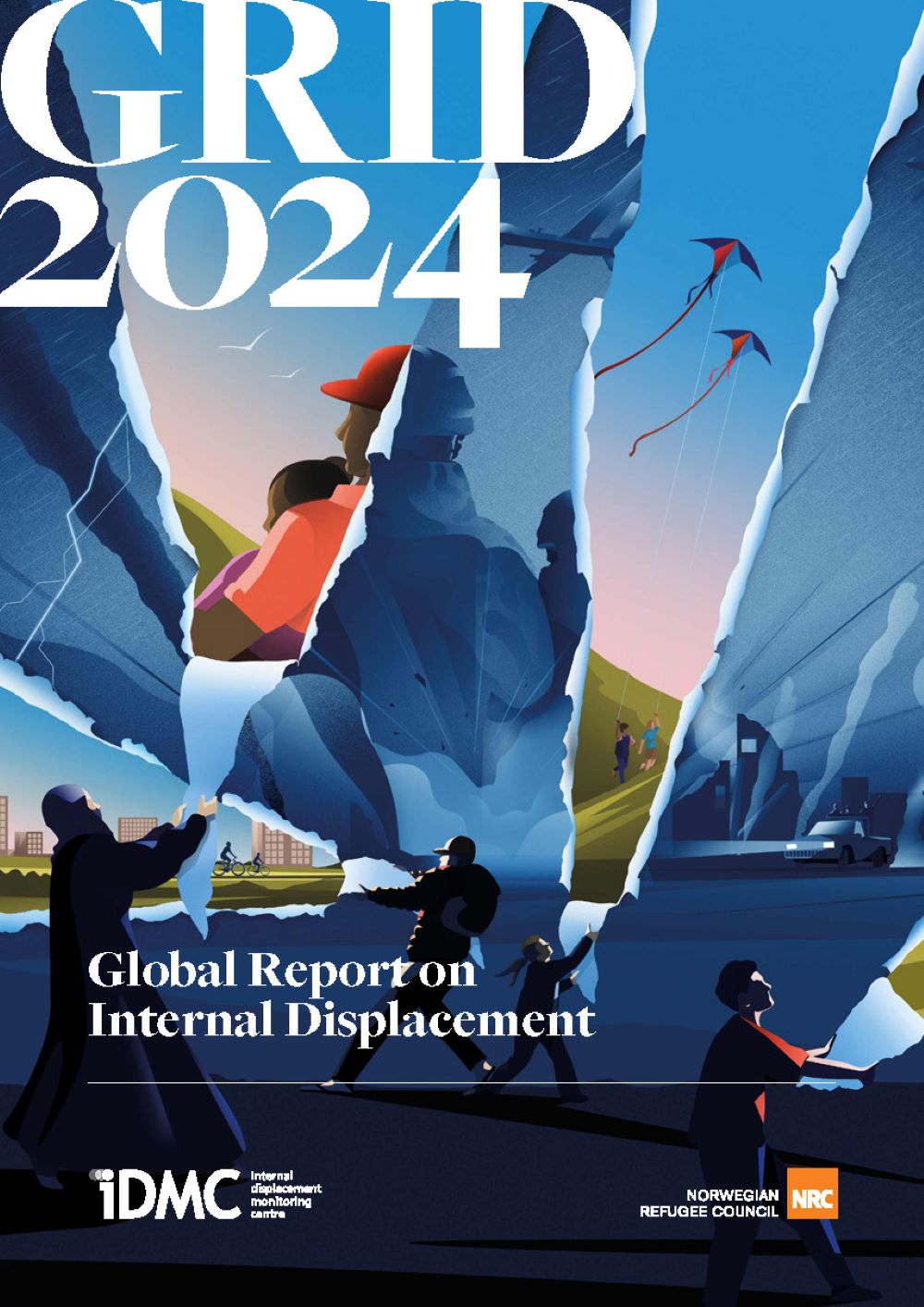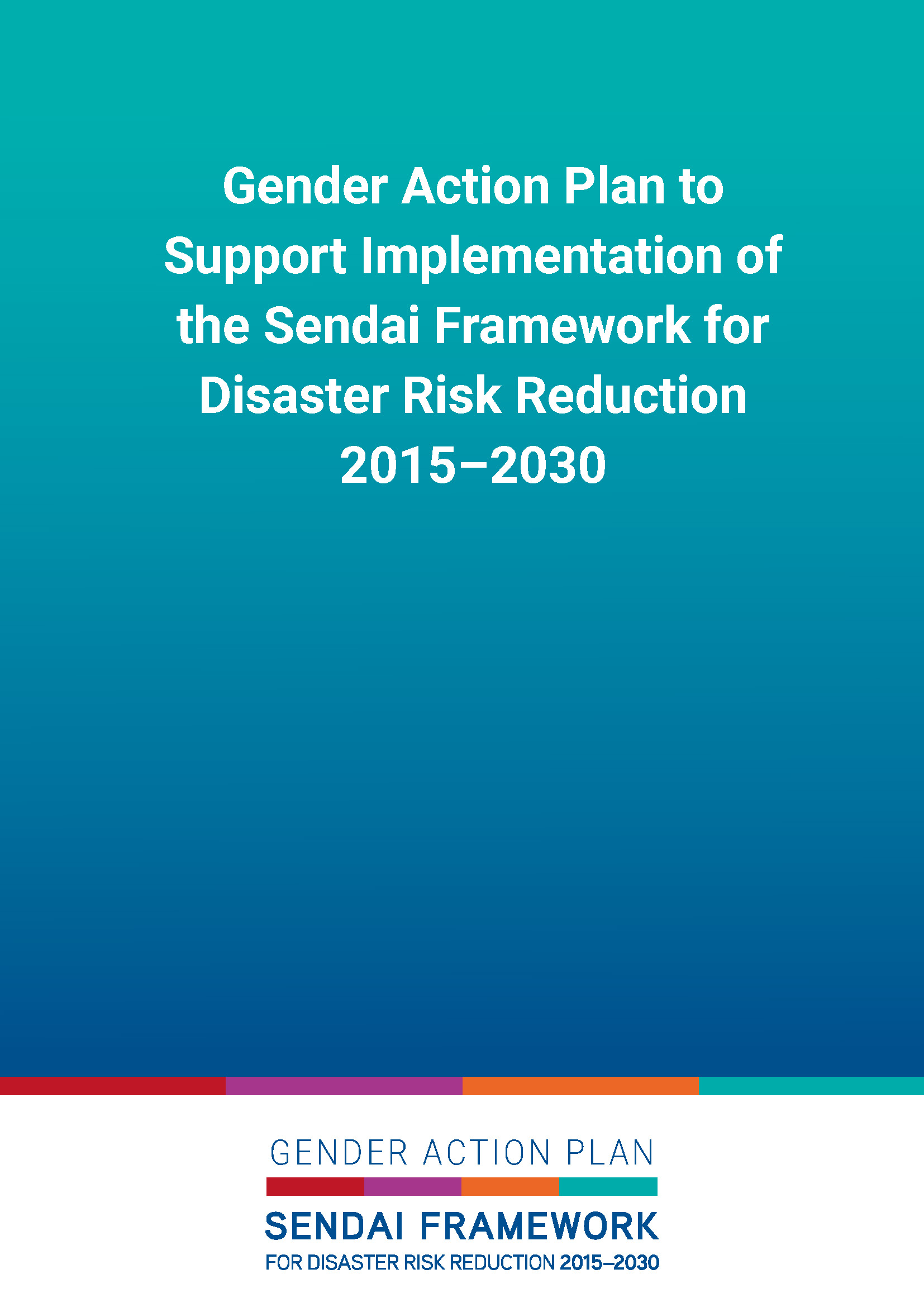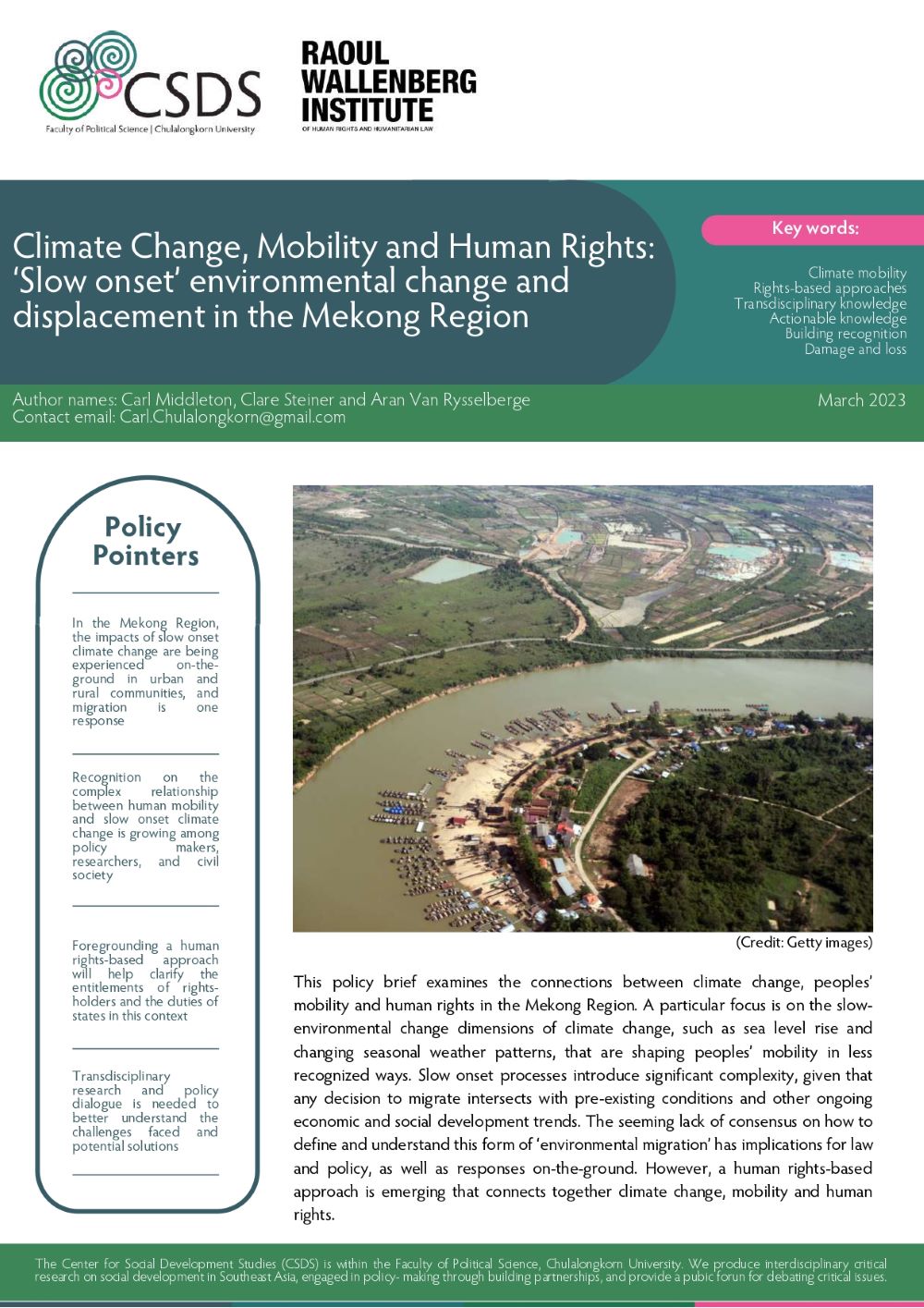At COP26 in Glasgow in 2021, the Mayors Migration Council (MMC) and the C40 Cities Climate Leadership Group (C40) launched the Global Mayors Action Agenda on Climate and Migration (the Action Agenda). The initiative responds to two trends. First, people who are forced to leave their homes as a consequence of disasters and climate change often move into cities, and municipal authorities therefore need to prepare for and respond to sudden and more gradual increases in the urban population. Second, cities are themselves exposed to hazards, including rising sea levels, storm surges, flooding, drought and so forth. Growing populations of people in situations of vulnerability, including those already displaced, often live in informal or poorly planned settlements where the risk of (secondary) displacement can be high.
In response to these global and regional processes, authorities working primarily at local level in Nairobi (Kenya), Kampala (Uganda) and Freetown (Sierra Leone) collaborated with Lund University and the Raoul Wallenberg Institute of Human Rights and Humanitarian Law to jointly examine human rights and gender equality dimensions of climate and disaster-related displacement in their cities, in a project supported by the Swedish Institute and part of its Public Sector Innovation Program .




